Cystine is a sulfur-containing amino acid, responsible for healthy connective tissue, skin, hair and nails. As you may infer, cystine is related to cysteine - each molecule of cystine is composed of 2 molecules of cysteine. The 2 amino acids can transform from one to the other once this becomes necessary. However, cystine is considered the more stable of the 2.
Sources of Cystine
A great portion of the foods regularly present in our menu are sources of cystine. These include animal products such as eggs, feta cheese, cottage cheese, yoghurt, pork, duck and turkey meat, sausages, mince and other meats. Kidneys, liver, cod, caviar and sunflower seeds are all rich in this amino acid.
Cystine is also found in certain plant products, among which are cereals, red peppers, sprouts of lentils, broccoli, brussels sprouts and oatmeal. Garlic and onions also contain notable amounts of cystine.
Functions of Cystine
This sulfur-containing amino acid has many significant functions in our body. It is needed for detoxification since it neutralizes harmful metals such as mercury, lead and cadmium. Numerous studies done show that it also protects against radiation sickness.
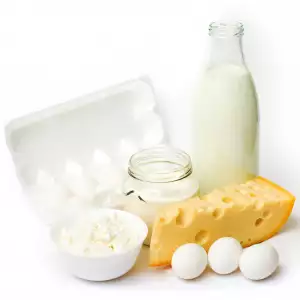
As indicated in the very beginning, cystine is responsible for maintaining healthy and beautiful hair, nails and skin. Further it stimulates collagen production and makes our skin more elastic. That is especially why ladies complaining of brittle nails and weak hair need to be sure they get moderate doses of it.
It's been proven that the amino acid in question plays a part in building digestive enzymes. It's also known that it shields the liver from the dangerous effect of alcohol and harmful substances, prevents the spread of certain cancers, speeds up wound healing and alleviates acute symptoms of rheumatoid arthritis.
Deficiency of Cystine
Cystine deficiency can be seen in people who have a very poor and unvaried diet that does not contain enough animal products. According to doctors this condition primarily threatens vegetarians and vegans, who have excluded meat and dairy products from their daily menu.
There are no known serious complications arising from a deficiency of cystine, but still there are observable symptoms such as slowed growth in children, low amounts of basic blood proteins, apathy, loss of hair pigment, weakness, lethargy, dizziness, skin problems, weight loss.
Choosing and Storing Cystine
Cystine is offered in pharmacies usually in capsule form. Before buying it, always check the expiration date and whether the bottle is tightly closed. Simply store this product in a cool, dry place away from sunlight, out of reach of children. It is sensitive toward humidity and heat and these can change its action. The product is not intended to be frozen.
Taking Cystine
Additional intake of cystine is advised for people suffering from malnutrition, vegetarians, vegans, little children, pregnant women, premature babies. When taking cystine in capsule form, it is good to swallow it with a glass of water. Chewing the capsule is not recommended. It also matters whether you take the substance during or after a meal because otherwise you may experience stomach irritation.
Dangers of Cystine
Even thought cystine is an important amino acid responsible for the correct development of our body, large amounts of it in our urine can cause certain disruptions. Normally, such an increased amount of cystine is seen in people who have a genetic defect, resulting in the disrupted metabolism of this amino acid.
This condition becomes a prerequisite for the formation of kidney stones, also known as cystine stones. In affected patients, such formations are present as early as in childhood. Actually 1 in every 20 000 people has a similar health problem.
What these individuals need to be aware of is that the solubility of the amino acid in the urine is affected by the acidity of the liquid. In other words, to dissolve the cystine, all that's needed is for the acid levels of the urine to be lowered. Because of this, people that have cystine stones form need to maintain a specific diet.
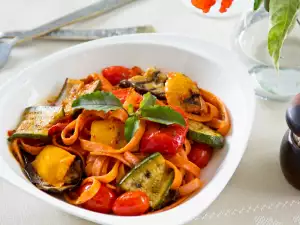
The healthy diet includes taking in lots of water (at least 12 1/2 cups (3 L) per day), limiting their intake of salt, as well as certain food products such as eggs, milk and fish in any form.
Instead experts recommend eating more fruits (grapes, apples, bananas, plums, pears, wild berries), vegetables (beetroots, carrots, tomatoes, turnips, potatoes, eggplants, cucumbers) soya milk, green tea and others.
Excessive intake of cystine can have undesirable consequences for people suffering from diabetes. Numerous studies show that diabetics shouldn't take cystine supplements because they can reduce insulin function.
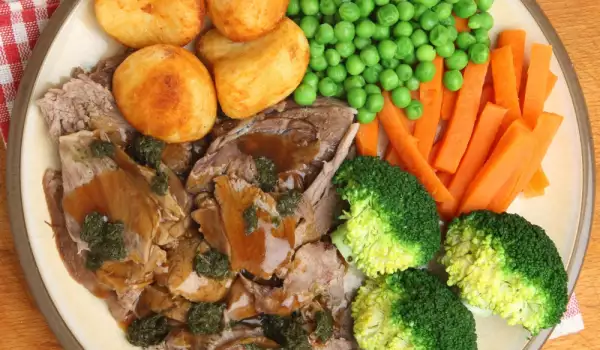
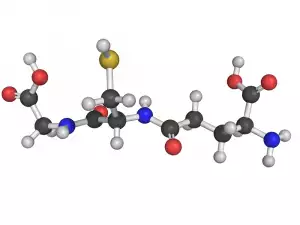
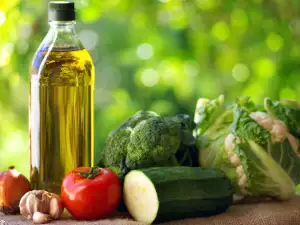

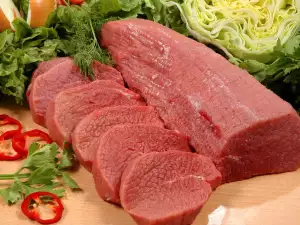
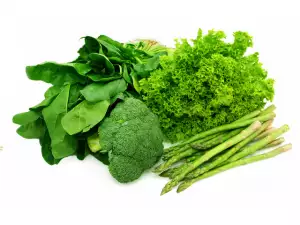
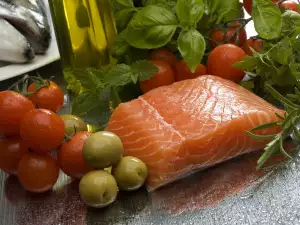
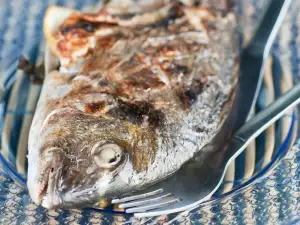
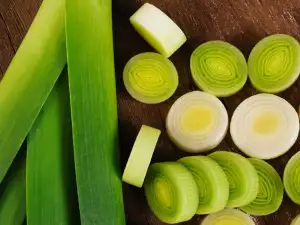
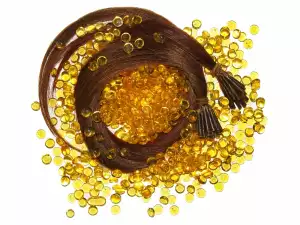




Comments